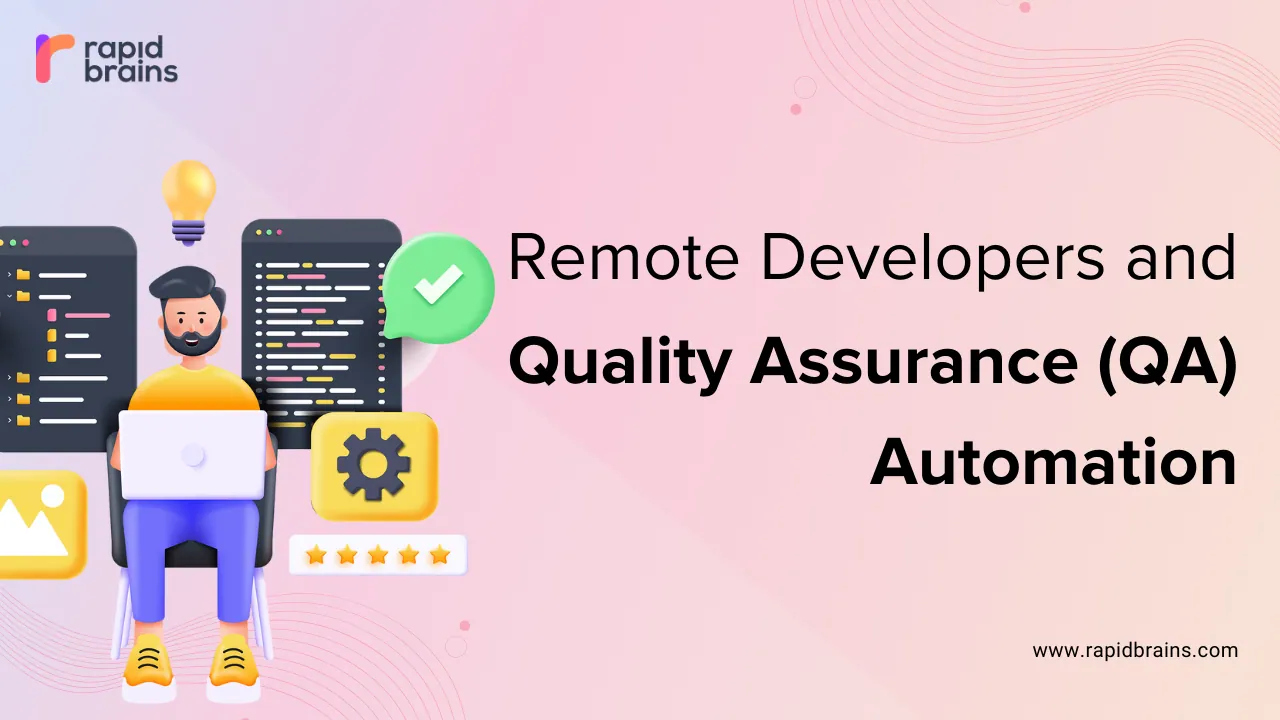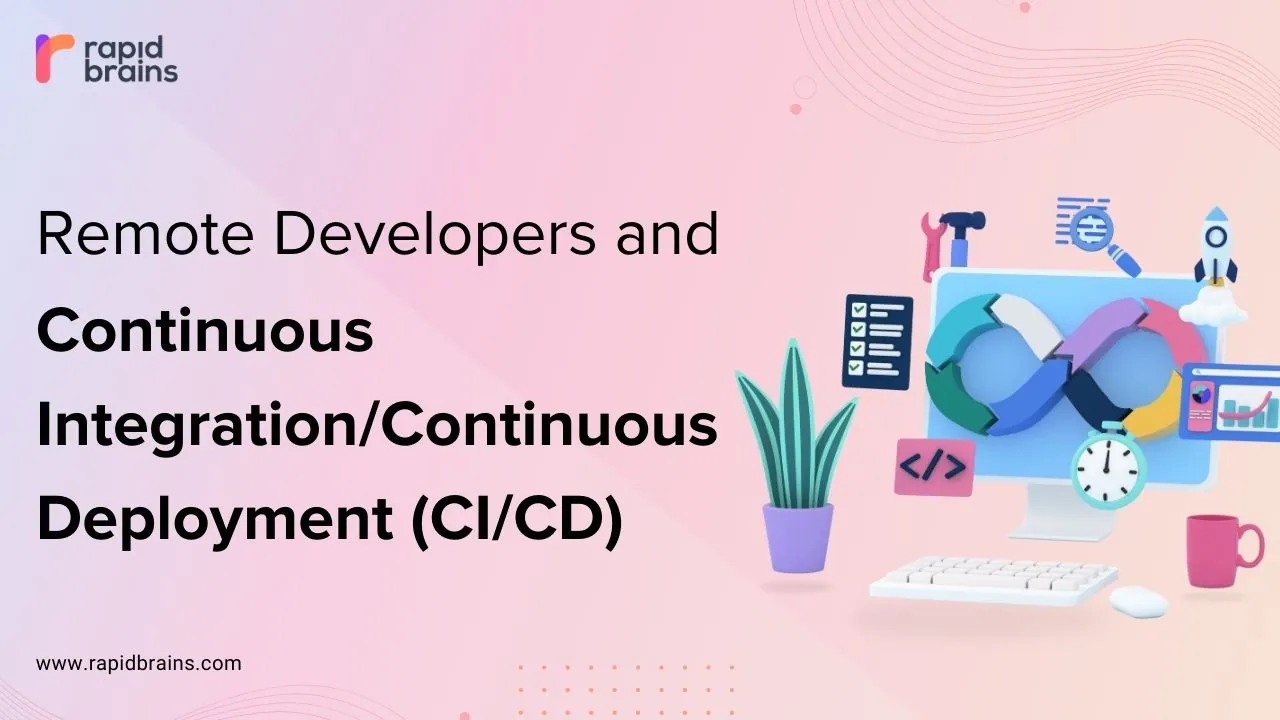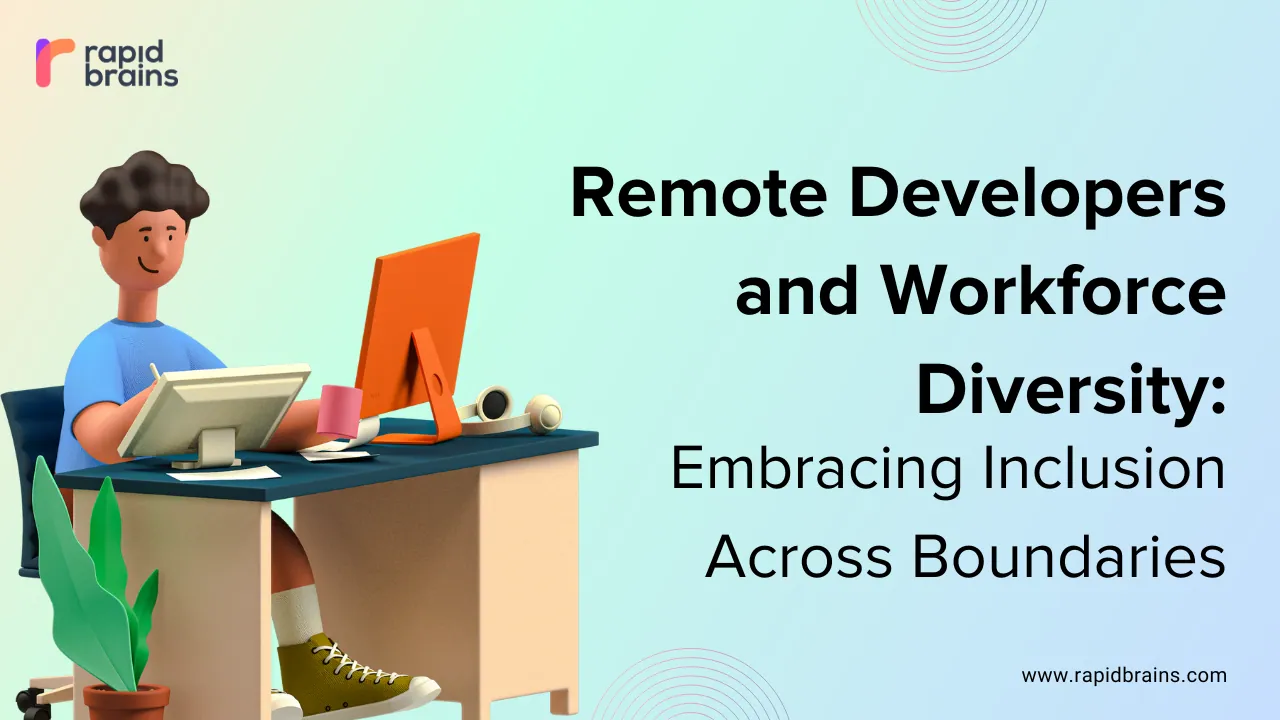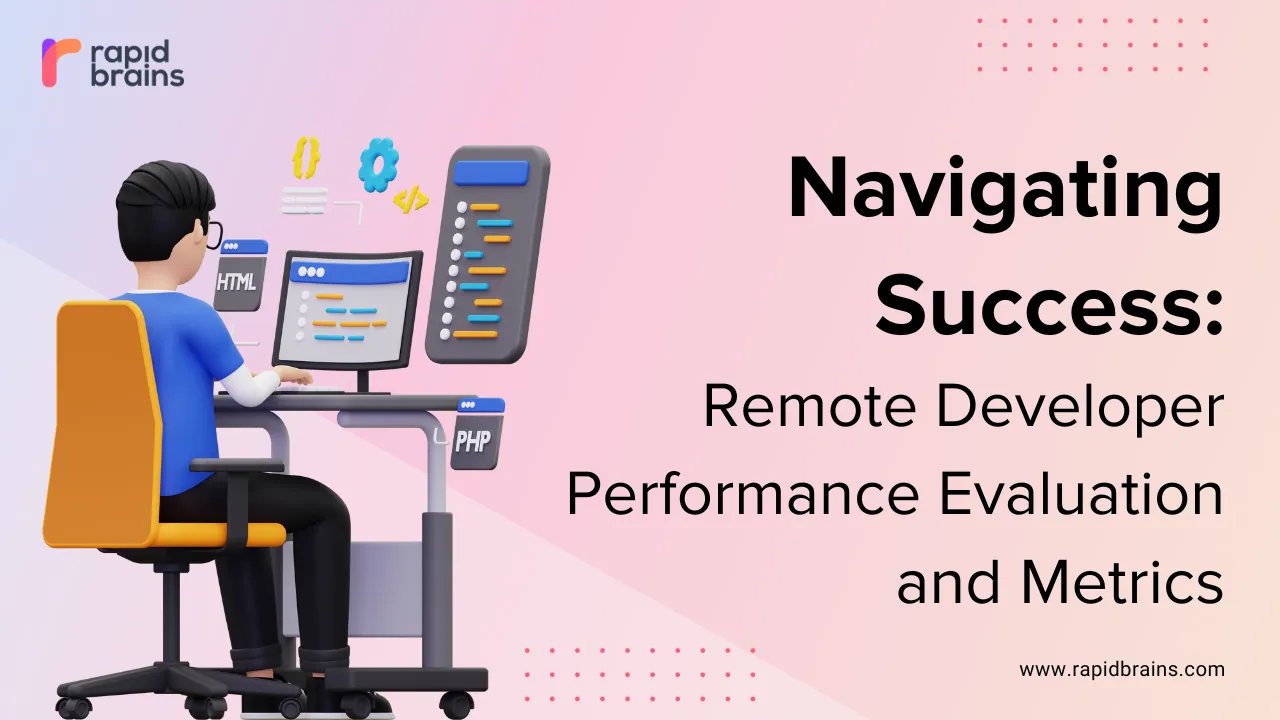Looking for the top remote software developers? The global realm of software development is becoming stronger outside of the enclosed spaces of offices in the present age of digitization. Finding and hiring the best remote software developers can be challenging, but they can add an incredible amount of value to your projects. We’ll provide some excellent advice in this article to assist you in completing the process successfully. You’ve come to the right place if you’re trying to figure out how to find and hire the best remote software developers.
The general concept of remote work has become an important and transformative focal point within the rapidly evolving and constantly shifting technological landscape. The demand for highly qualified remote software developers has increased at an unheard-of rate in this increasingly interconnected world where businesses are quickly changing their operational models. These skilled professionals have taken the lead in innovation and efficiency because they are able to effortlessly combine their knowledge from various locations.
In today’s rapidly evolving technological landscape, the fusion of remote developers and Quality Assurance (QA) automation has emerged as a catalyst for innovation and efficiency. This dynamic partnership not only harnesses the prowess of global talent but also ensures software quality and reliability. In this blog, we delve into the symbiotic relationship between remote developers and QA automation, exploring its benefits, challenges, and strategies for successful implementation.
Empower remote developers with seamless collaboration and CI/CD excellence. Explore expert insights and practical implementation tips.
In recent years, the landscape of work has undergone a profound transformation, with remote work becoming a norm for many companies, including those in the tech industry. The advent of remote development has brought about various benefits, such as access to a global talent pool, increased flexibility, and cost savings. However, this shift has also given rise to significant changes in company culture. In this blog post, we’ll explore the impact of remote development on company culture, examining both the positive and challenging aspects.
In the rapidly evolving landscape of technology, augmented reality (AR) has emerged as a groundbreaking innovation that blurs the lines between the virtual and physical worlds. AR has found applications in various industries, from gaming and entertainment to education and enterprise solutions. With the rise of remote work culture, businesses are now turning to remote developers to harness the potential of AR development. In this blog post, we will explore the advantages of collaborating with remote developers for AR projects and how this approach can lead to groundbreaking AR experiences.
In recent years, the rise of remote work has transformed the way organizations operate, including software development projects. Remote development projects offer flexibility and access to a global talent pool, but they also introduce unique security challenges. In this blog, we will explore some essential security considerations that organizations and developers should keep in mind when engaging in remote development projects
With the rise of remote work, organizations are recognizing the advantages of hiring remote developers. However, onboarding remote developers can be challenging. In this blog post, we will delve into the best practices and strategies for remote developer onboarding. By following these practices, companies can seamlessly integrate new remote team members and ensure their success. Clear communication, well-defined expectations, structured onboarding plans, collaborative tools, regular check-ins, knowledge sharing, and continuous learning opportunities are essential components. By implementing these strategies, organizations can overcome the unique challenges of remote developer onboarding and create a strong foundation for remote teams to thrive in the ever-evolving work landscape.
The world of work has undergone a significant transformation with the rise of remote developers. Traditional office settings are being replaced by virtual workspaces, opening up new possibilities for companies to build diverse and inclusive teams. In this blog post, we will explore the impact of remote developers on workforce diversity and how organizations can actively embrace this trend to create a more inclusive work environment.
In today’s digital landscape, the rise of remote work has revolutionized the way businesses operate, with remote developers playing a crucial role in driving innovation and growth. However, evaluating the performance of remote developers presents a unique set of challenges for organizations. Traditional performance evaluation methods may not fully capture the dynamics of remote work. In this blog post, we will delve into the world of remote developer performance evaluation, exploring effective metrics and strategies to unlock success in managing and assessing remote development teams









